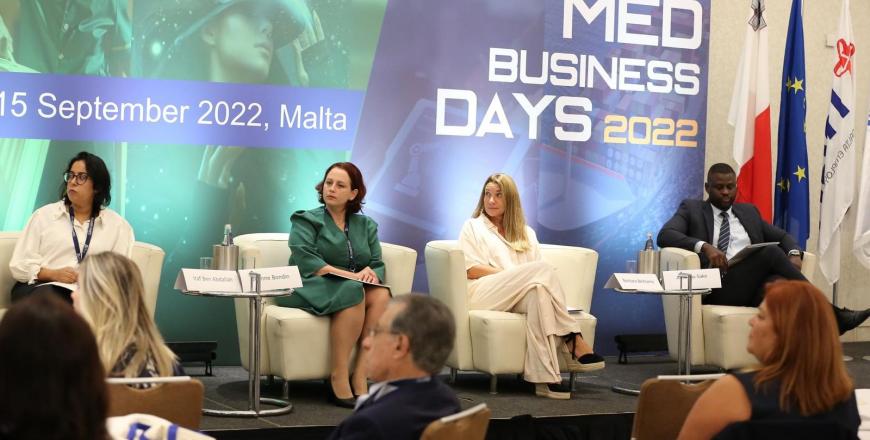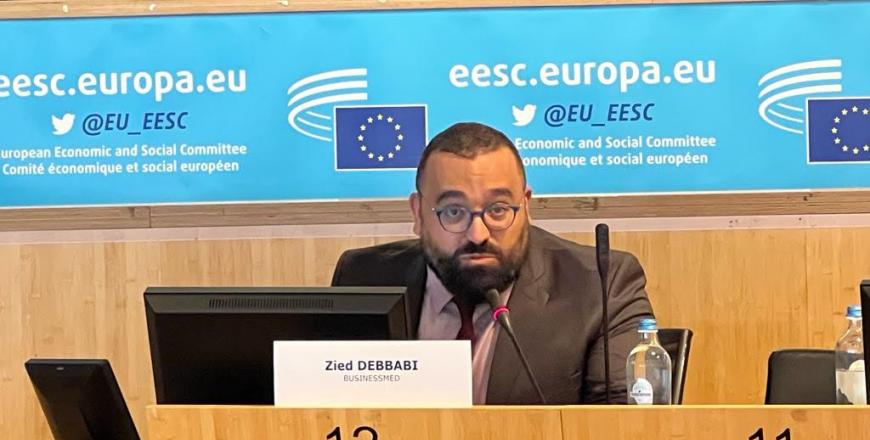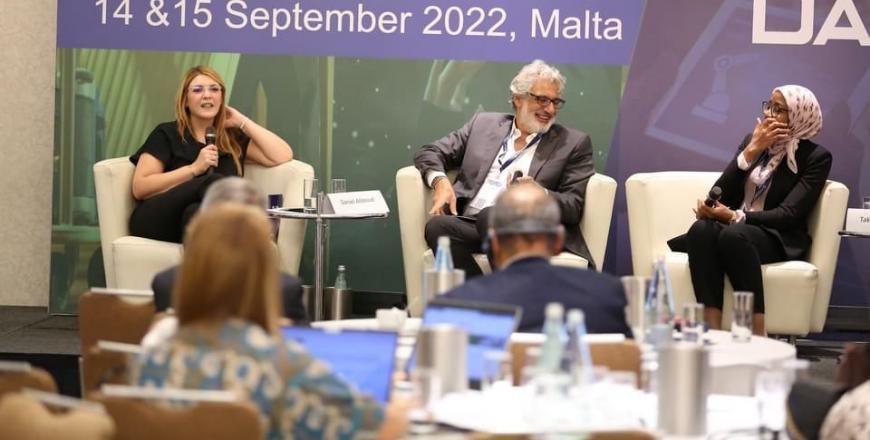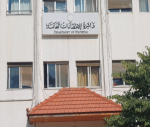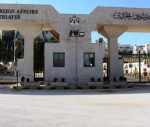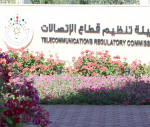You are here
EBSOMED Project: Transforming Euro-Mediterranean Challenges into Opportunities
By JT - Jun 16,2023 - Last updated at Jun 16,2023
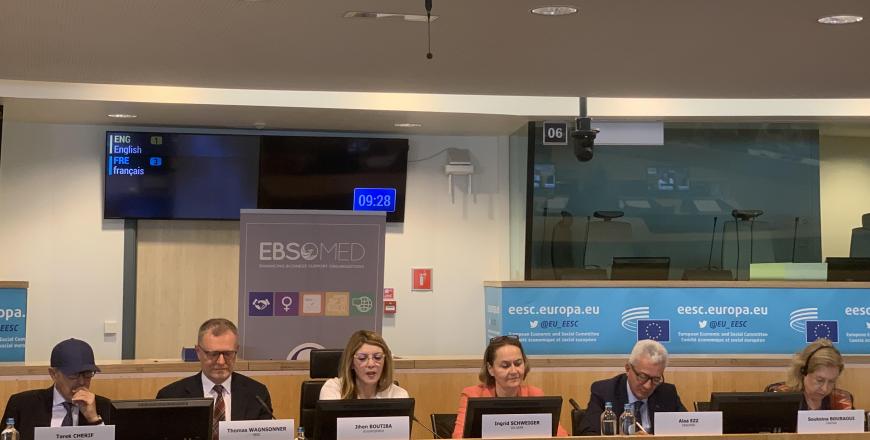
In the dynamic world of Euro-Mediterranean economic development, one project stands out for its commitment to sustainability, gender mainstreaming, and digitalization.
The EBSOMED Project has been a beacon of hope amid the region's challenges.
Since 2018, the Euro-Mediterranean region has grappled with crises, including the pandemic and Lebanon's economic downturn. However, EBSOMED has turned these challenges into opportunities for policy reform and sustainable development.
Barbara Giacomello, president of BUSINESSMED, highlighted the project's significant accomplishments, including networking benefits for over 3,000 business organization representatives and access to infinite business opportunities for 450 individuals.
EBSOMED has also emphasized capacity building, with 534 organizations participating in the activity. Gender mainstreaming was at the heart of the project, with over 2,700 women participating, symbolizing the project's dedication to empowering women and youth.
The future, according to EBSOMED, is digital. Giacomello emphasized the critical role the private sector must play in regional digitalization, aiming to close the digital gap to boost the Mediterranean ecosystem.
Jihen Boutiba, Secretary General of BUSINESSMED, said the project aimed on enhancing projects with a focus on women and youth and gender mainstreaming. She said the project worked with the civil society, business support organisations and the trade union “We can train our young generation now and give them the right tools through partnerships, we need the support and we need to work together as partners,” she added.
Thomas Wagnsonner, President of the Euromed Follow-up Committee at the European Economic and Social Committee (EESC), echoed this sentiment. The EESC and BUSINESSMED have agreed to a memorandum of understanding to further cooperation in the Mediterranean, focusing on boosting investment, job creation, and improving services for SMEs.
Partnerships are the lifeblood of development, as highlighted by Ingrid Schweiger, Deputy Head of Unit at DG Near. Exchanging best practices and focusing investments on specific sectors are among the strategies she suggested.
Tarek Cherif, President of the ANIMA Investment Network and the Confederation Des Entreprises Citoyennes De Tunisie, hailed EBSOMED's positive transformative impact on the region, especially during crises. He emphasized the need to provide hope and dignified living conditions for the youth in the region.
Soukeina Bouraoui, president of CAWTAR, also highlighted the project's success, reaching over a million indirect beneficiaries and 10,000 direct beneficiaries, emphasizing the potential for collective effort to yield significant results.
Related Articles
MALTA - Within the framework of the EBSOMED project, the Union of Mediterranean Confederations of Enterprises (BUSINESSMED)in partnership wi
AMMAN- Overcoming the economic challenges in the Euro-Mediterranean region, the EBSOMED project emerges as a major force enhancing capacity
MALTA — The Business Country desk (BCD), which is a digital platform that aims to promote, foster and support synergies and opportunities fo


